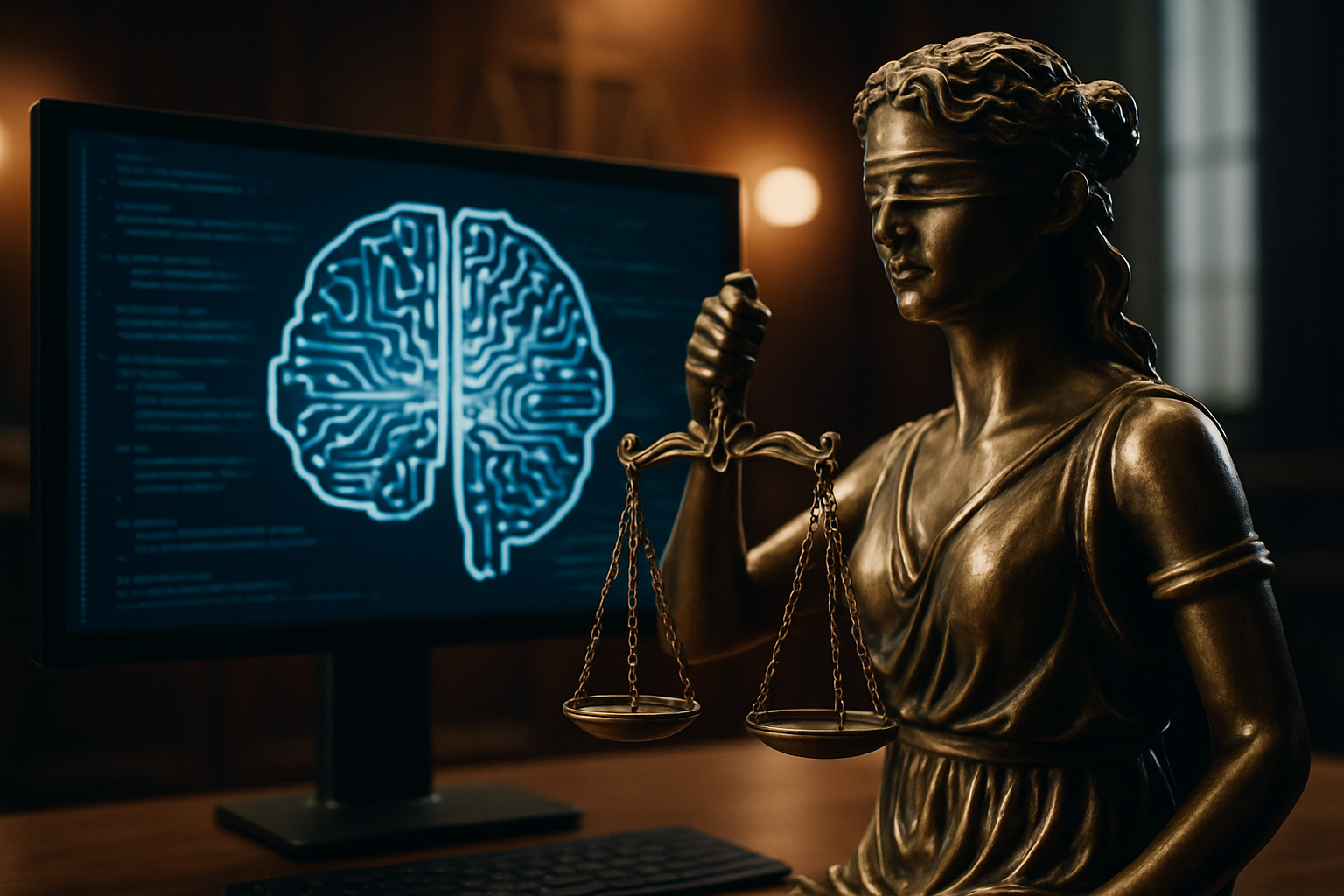Title: The Legal Landscape of Algorithmic Decision-Making
Introduction: In an era dominated by artificial intelligence and big data, algorithmic decision-making has permeated various sectors of society, from finance to healthcare. This technological revolution has sparked a complex legal debate, challenging traditional notions of accountability, transparency, and fairness. As algorithms increasingly influence critical decisions, the legal system grapples with new questions of liability, discrimination, and due process.

Challenges to Due Process and Transparency
One of the primary legal challenges posed by algorithmic decision-making is the potential infringement on due process rights. When algorithms make or influence decisions that affect individual liberties or property interests, questions arise about the right to contest these decisions and understand their basis. The opacity of many algorithmic systems, often protected as trade secrets, creates a “black box” problem that hinders transparency and accountability. Legal experts are now debating how to balance the proprietary interests of algorithm developers with the need for public scrutiny and due process protections.
Algorithmic Bias and Discrimination
Another critical legal issue is the potential for algorithmic bias and discrimination. While algorithms are often touted as objective decision-makers, they can perpetuate and even amplify existing societal biases if trained on biased data or designed with flawed assumptions. This has led to legal challenges under anti-discrimination laws, particularly in areas such as employment, housing, and criminal justice. Courts are now grappling with how to apply traditional concepts of discriminatory intent and disparate impact to the realm of algorithmic decision-making.
Liability and Accountability in the Age of AI
Determining liability when algorithmic systems cause harm presents a novel challenge for the legal system. Traditional tort law principles of negligence and product liability may not easily apply to complex, evolving AI systems. Questions arise about who should be held responsible when an algorithm makes a harmful decision: the developer, the user, or the AI itself? Some legal scholars propose new frameworks for algorithmic accountability, including the concept of “algorithmic negligence” and the idea of treating AI systems as legal persons for liability purposes.
Regulatory Approaches and Legislative Initiatives
In response to these challenges, lawmakers around the world are developing new regulatory approaches to govern algorithmic decision-making. The European Union’s General Data Protection Regulation (GDPR) includes provisions on automated decision-making, granting individuals the right to explanation and human review of significant algorithmic decisions. In the United States, various state and local governments have introduced legislation to address algorithmic transparency and accountability, particularly in public sector use. These initiatives range from mandatory impact assessments to outright bans on certain applications of algorithmic decision-making.
The Role of Human Oversight
As the legal landscape evolves, there is growing recognition of the importance of human oversight in algorithmic systems. Many legal experts advocate for a “human-in-the-loop” approach, where significant decisions are not left solely to algorithms but involve meaningful human review. This approach aims to preserve human judgment and discretion, particularly in high-stakes decisions affecting individual rights. However, defining the appropriate level and nature of human involvement remains a subject of ongoing legal and policy debate.
Conclusion
The integration of algorithmic decision-making into our legal and social systems presents both opportunities and challenges. As we navigate this complex terrain, the legal community must continue to adapt and innovate, developing new frameworks that protect individual rights while fostering technological progress. The evolving legal landscape surrounding algorithmic decision-making will undoubtedly shape the future of governance, justice, and individual autonomy in our increasingly digital world.






